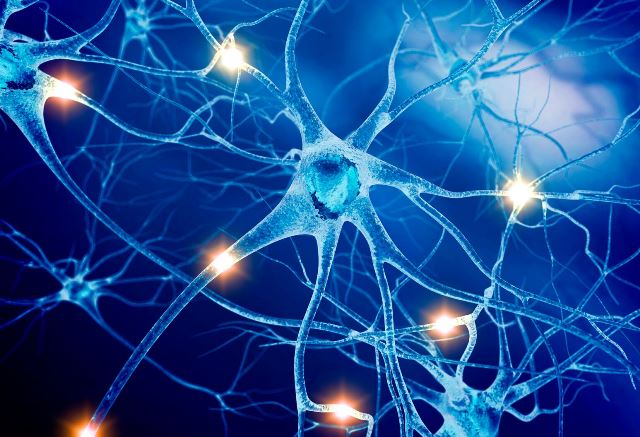
A trial conducted by scientists from the Feinstein Institutes for Medical Research has showed that bioelectronic medicine can reduce spasticity in stroke patients.
The Feinstein Institutes trial — using an investigational and non-invasive medical device — showed the trans-spinal direct current stimulation and peripheral nerve direct current stimulation significantly decreased upper limb spasticity in participants who experienced a stroke.
According to Feinstein, around 40% of stroke survivors will have their movement constrained by spasticity, a residual inability of the brain to control muscle tone.
Dr Bruce Volpe, Feinstein Institutes professor and paper lead author, said: “Spasticity is a persistent and common inhibitor of movement in patients with chronic stroke, and it has been a great hurdle as we continue to use intensive training to assist motor recovery.”
Trial results of investigational and non-invasive medical device
The treatment includes the passing of direct electrical current across the spinal cord with a skin surface electrode called trans-spinal direct current stimulation (tsDCS).
Later, the peripheral direct current stimulation (pDCS) will be provided to the paralysed upper limb. The patients will get additional benefits when tsDCS is combined with pDCS.
Under the single-blind cross-over design study, the 26 participants were treated with five consecutive days of 20 minutes of active and paired tsDCS+pDCS.
The participants secured both active and sham stimulation conditions. Neurosystems’ MyoRegulator, a first-in-class and non-invasive device, was used in the trial.
Volpe, along with his team, used the device in patients with chronic stroke and hemiparesis to assess whether treatment would decrease upper limb spasticity.
The device offers simultaneous and non-invasive stimulation required to suppress hyperexcitable spinal neurons involved with spasticity.
The results showed that the active treatment condition significantly reduced upper limb spasticity for up to five weeks, helping to improve motor function in the patient responders.
Feinstein Institutes president and CEO Dr Kevin Tracey said: “Dr. Volpe is a leader in robotic rehabilitative medicine, and these new findings are a significant advance in using bioelectronic medicine to improve mobility.”






